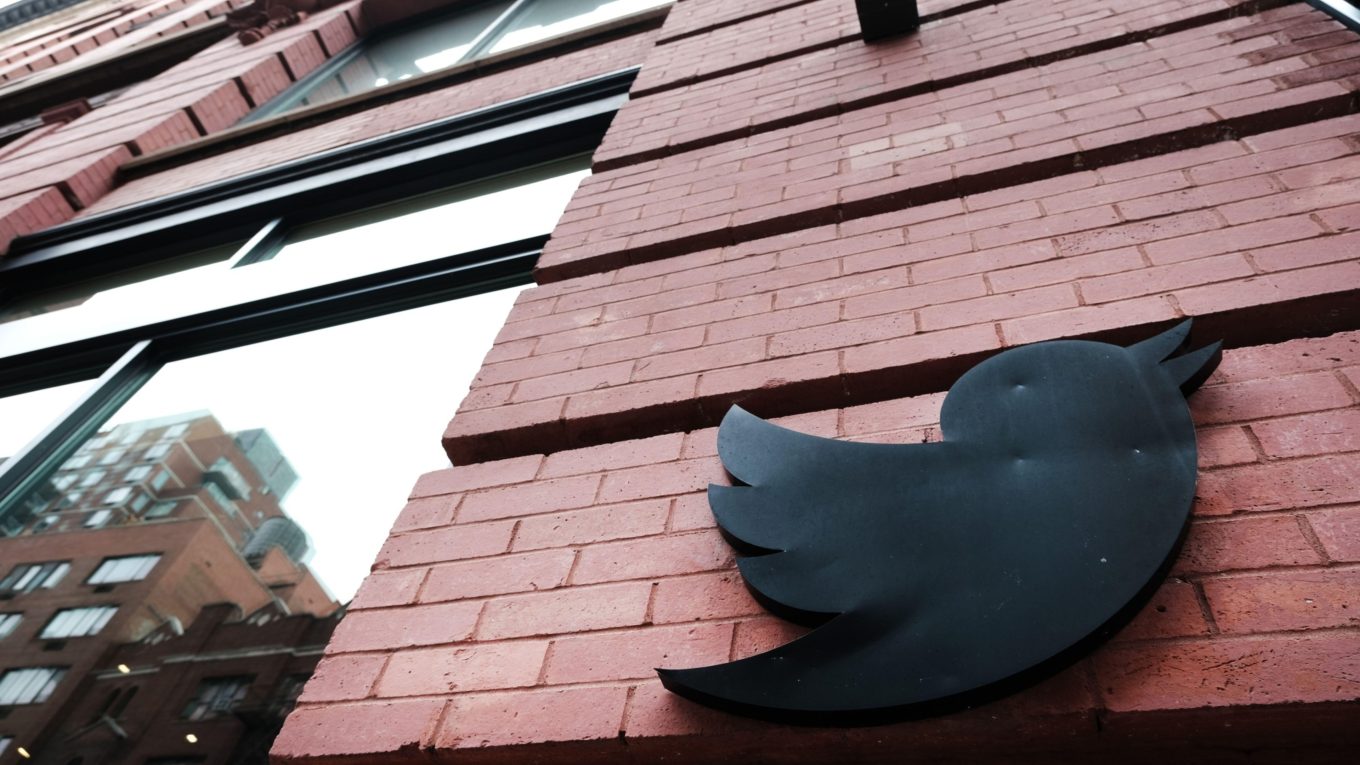Elon Musk asks federal appeals court to end ‘Twitter Sitter’ Deal
Written by Bob Van Vores and Chris Dolmich
Elon Musk’s lawyer has asked a New York federal appeals court to set aside his 2018 agreement with US regulators that requests attorneys for Tesla Inc. He checked all of his company-related posts on Twitter, calling it an illegal restriction on his rights to free speech.
Musk, CEO of Tesla and owner of Twitter Inc. Now, that the agreement with the U.S. Securities and Exchange Commission violated the First Amendment and that the SEC harassed him.
Ellyde R. Thompson, the attorney representing the Tesla CEO, told the panel.
Last year, US District Judge Louis Lehman refused to release Musk from the deal and end the “Twitter Sitter” clause, saying the CEO was “simply bemoaning that he felt he had to agree to it at the time” and now “wishes he didn’t”. Lehman also denied Musk’s efforts to block an SEC subpoena for information on his tweets.
The SEC says Musk’s experience wins “unevenly” in Twitter Sitter case
Thompson on Thursday asked a three-judge panel of federal appeals court in Manhattan to overturn the ruling and void the deal, or at least modify it.
“The pre-approval requirement is a classic prior restraint prohibited by the Constitution: a government-imposed gag on Mr. Musk’s speech before it takes place,” Musk’s legal team said in court papers.
Musk has been battling the Securities and Exchange Commission over his social media posts since he tweeted in 2018 that he had “secured financing” to own Tesla, sending shares of the electric car maker soaring. The regulator sued, claiming that Musk and Tesla misled shareholders. Musk and Tesla settled with the Securities and Exchange Commission, paying each $20 million and agreeing to review Musk’s tweets about Tesla before he posts them.
In his decision, Lyman ruled that Musk willingly waived his First Amendment right to tweet without restriction, which Musk denied in his appeals note.
Elon Musk loses trying to end the “Twitter incubator” deal with the Saudi Electricity Company
“Mr. executable.
Jeffrey Berger, who defended the SEC, told the judges that there have been no major changes since Musk agreed to screen his tweets on Tesla and that the CEO failed to show that the deal had become “onerous or unworkable.”
“These are the terms he agreed to,” Berger said.
“Musk may no longer want to comply with the pre-approval process, and may find it inconvenient at times, but he accepted its terms and has shown no change in the circumstances that make them more onerous or unenforceable,” the SEC said in a statement. Appeal brief.
The organizer called Musk’s claim of harassment “a huge exaggeration.”
“There is no government censor here,” Berger told the committee. “There is an agreement that Tesla will review its CEO’s communications before they become public. The agreement here does not prevent him from speaking on any subject.”
The case is U.S. Securities and Exchange Commission v. Musk, 22-1291, 2nd U.S. Circuit Court of Appeals (Manhattan).
